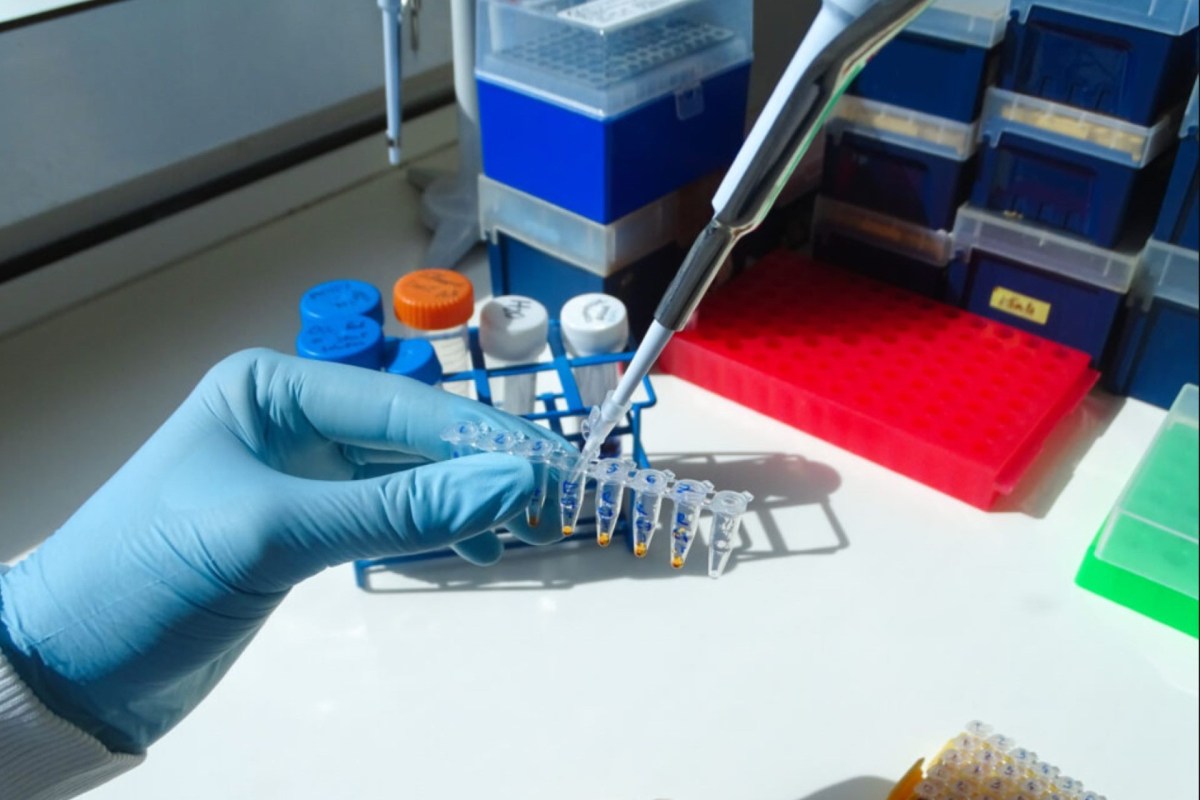Research has led to numerous discoveries that benefit humanity, including cures for diseases, but in the modern era, plastic waste is a hidden price of those breakthroughs.
LabCycle, founded in 2020, is working to change that. It is the first facility to recycle plastic equipment used in scientific pursuits.
"People around me were asking, 'If we can recycle the plastics at home, why can't we recycle the lab plastics — it looks like really good quality,'" LabCycle founder Dr. Helen Liang said in an interview with the BBC. "We go through bags and bags of them every week."
While plastic-free alternatives exist for many products, plastic pollution is still a huge global issue, with around 440 million tons produced every year.
According to the U.K.-based company's website, science laboratories go through around 6 million tons of single-use plastic annually.
Many companies and nonprofits are repurposing plastic into practical and beautiful items that prevent the waste from polluting our oceans or getting dumped in landfills, where the material releases the planet-warming gas methane as it breaks down over hundreds of years.
However, plastics from laboratories are more challenging to reuse because they've often been in contact with hazardous chemicals or biological agents. According to Liang, this causes waste companies to be "scared." Many plastic items are even incinerated.
"So they don't know what to do," she told the BBC. "But we aren't scared of them [plastic lab items] because we work with them all the time."
On its website, LabCycle explains that it uses a "proprietary sorting system" for the waste, which can be sorted either on-site or off-site. After the plastic is sorted, it is washed, shredded, and decontaminated before being sent to a manufacturer that repurposes the material into new lab equipment, per the BBC.
"It's incredible," Liang told the news outlet. "Because I've been using this every day in the lab doing my PhD. And now we have made a new piece of lab equipment which is 100% recycled, it's really exciting."
The University of Bath, the Royal Academy of Engineering, and SBRI Healthcare are among LabCycle's supporters, and the company is now hoping to find partners to manufacture the equipment on a larger scale.
Join our free newsletter for weekly updates on the coolest innovations improving our lives and saving our planet.









